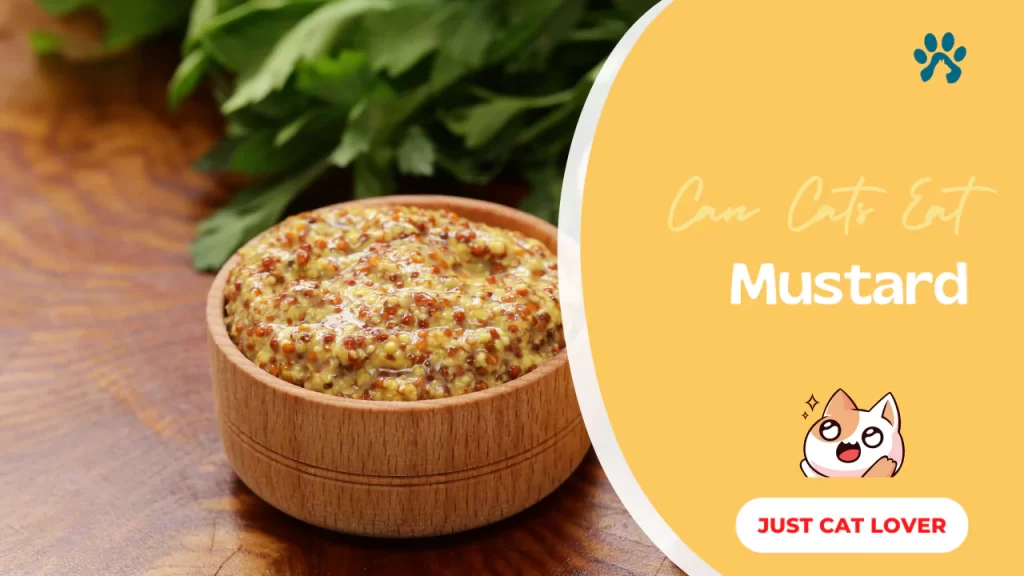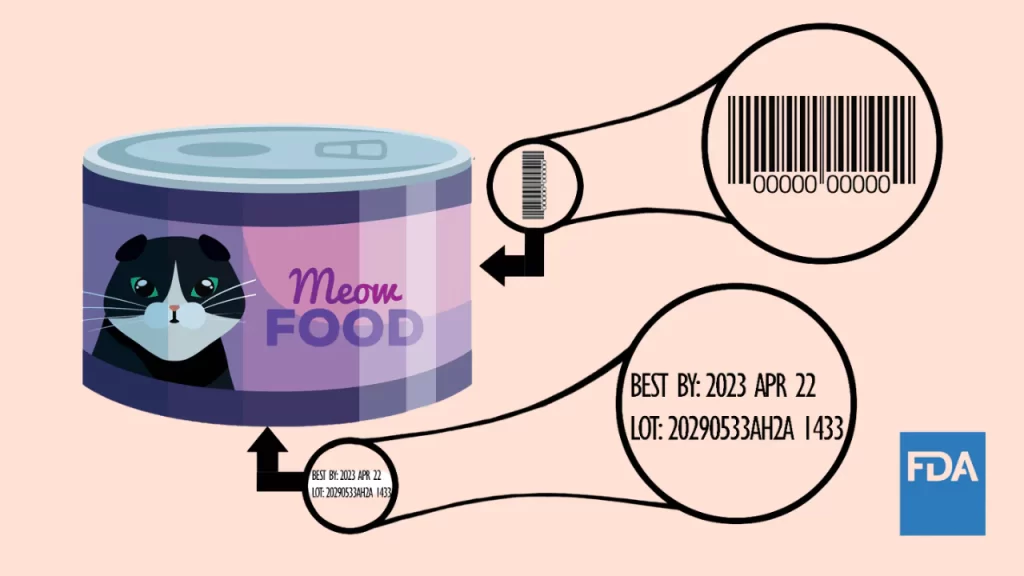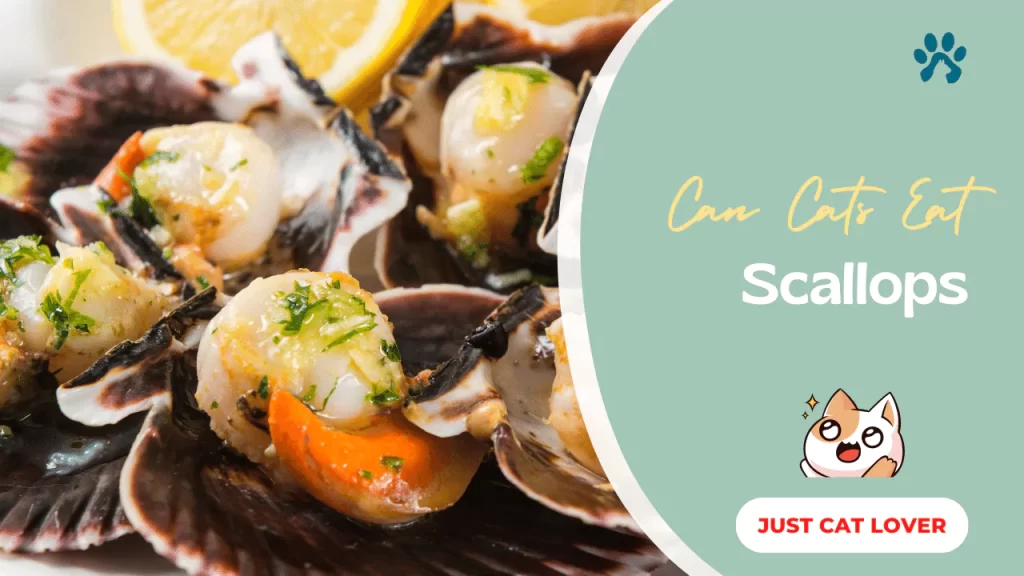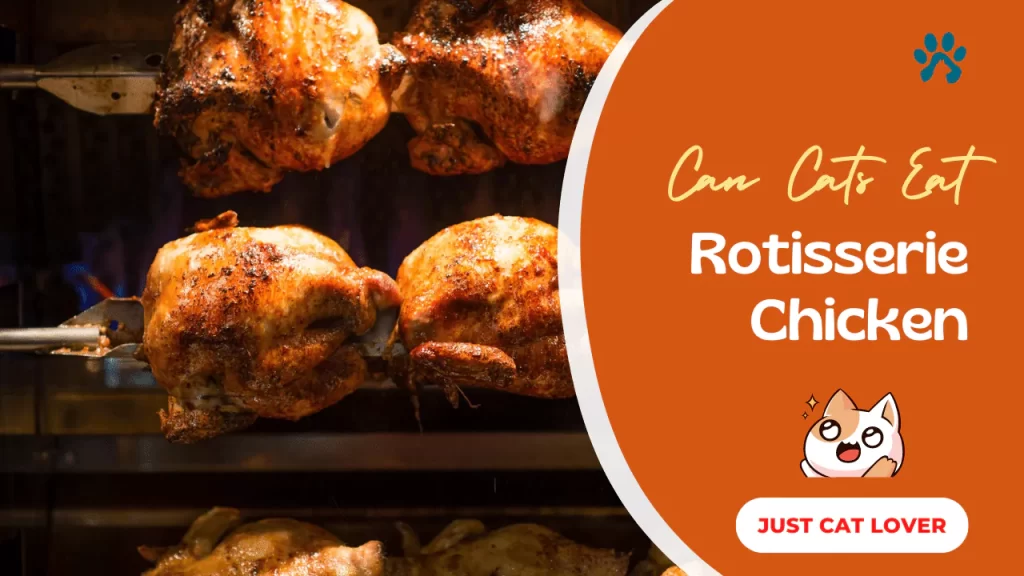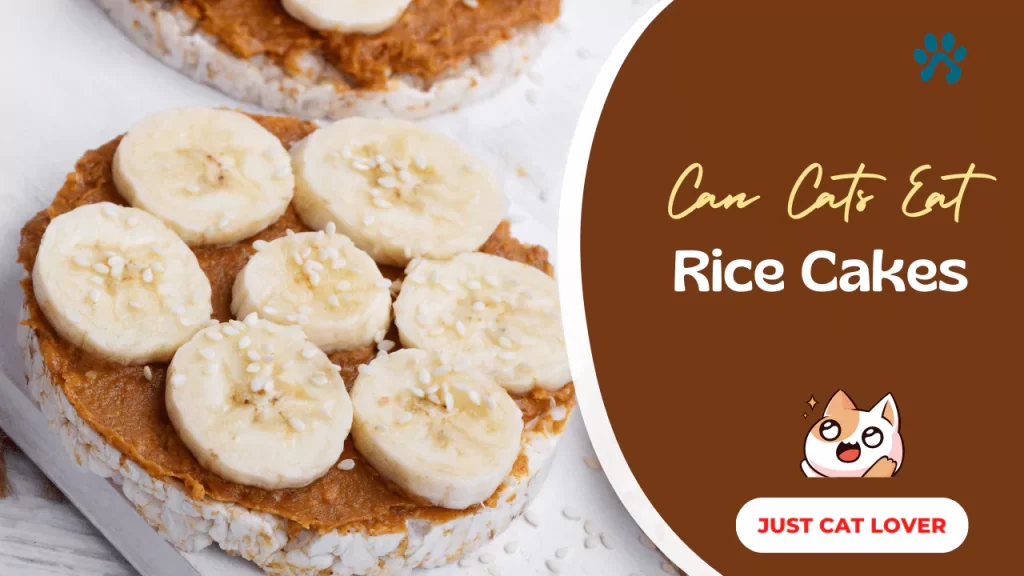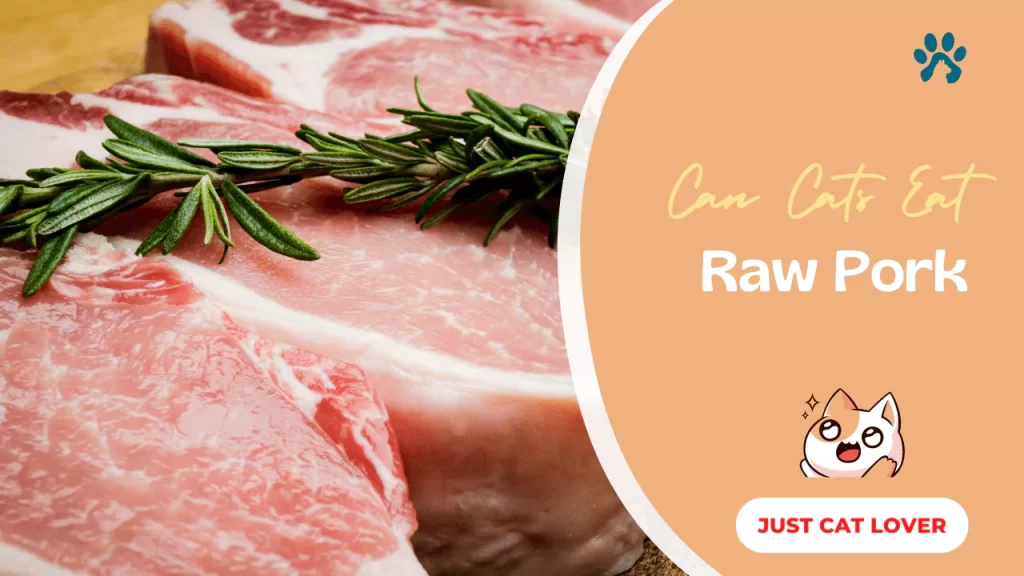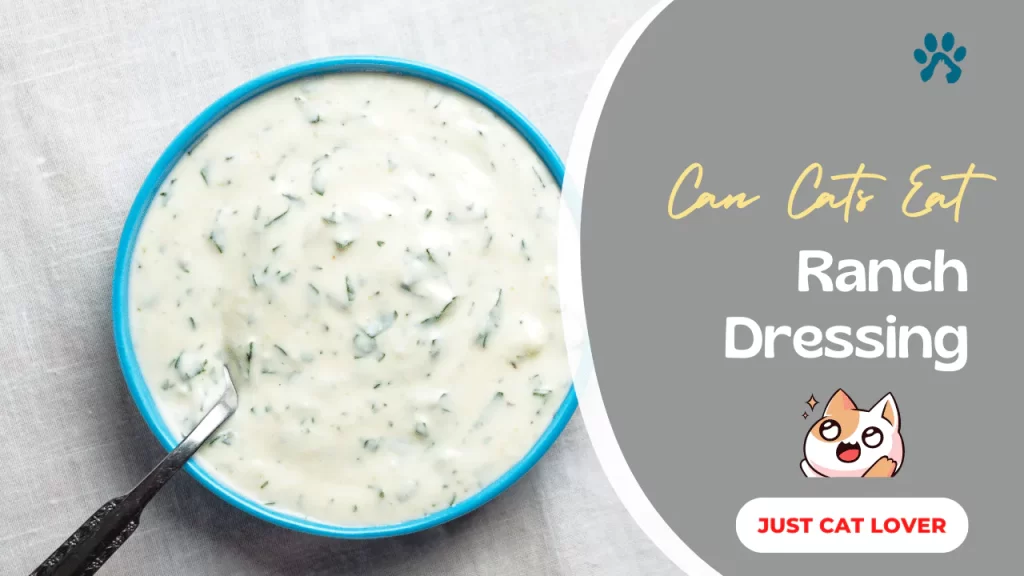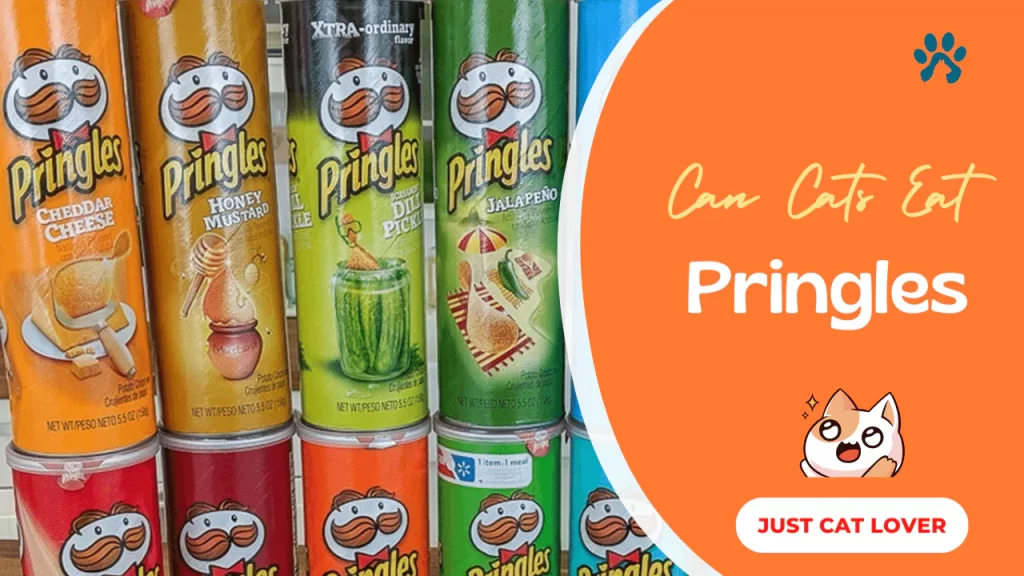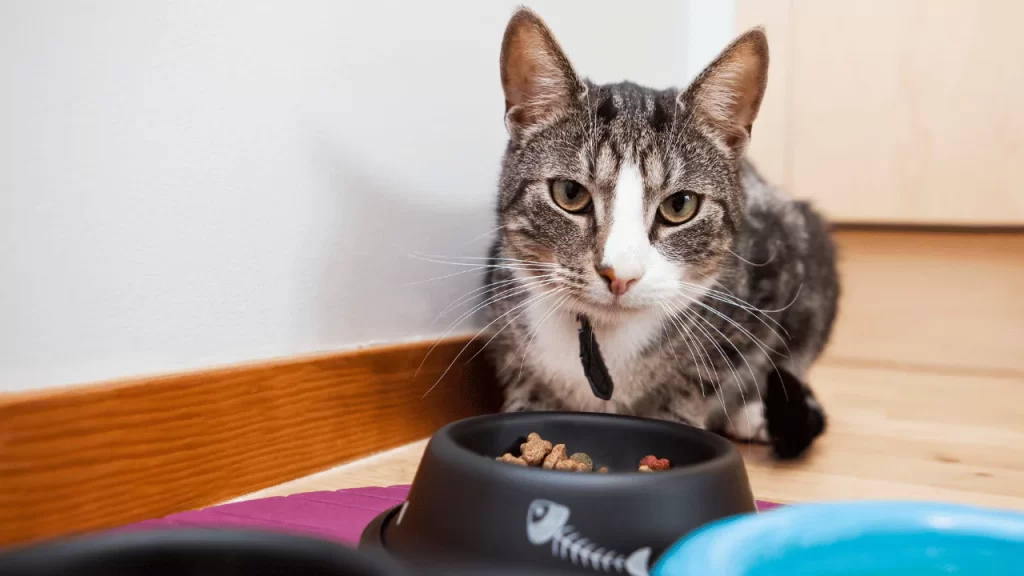Author: Dola Singha
Dola Singha is a cat enthusiast with a lifelong love for feline companions. She is an expert in all aspects of cat care, from nutrition and behavior to training and health.
No, cats should not eat mustard or any products containing mustard. Mustard and mustard seeds can be very harmful to cats and cause serious health issues if consumed. The Dangers of Cats Eating Mustard There are a few key reasons why cats should never be given mustard: Harmful effects of mustard seeds Mustard seeds contain an oil called allyl isothiocyanate that gives mustard its pungent flavor. This oil can irritate the digestive tract, mouth, and throat if consumed by cats. The mustard seeds themselves can also get stuck in a cat’s throat or digestive tract, causing pain, choking, and potential…
Yes, cat food does expire and it is important for cat owners to pay attention to expiration dates and properly store and monitor cat food. Feeding cats expired food can pose health risks. Understanding Cat Food Expiration Cat food, like all food products, contains perishable ingredients and nutrients that can degrade over time. Shelf life refers to the period of time that cat food retains its nutritional value, flavor, and safety when stored properly. Most canned and bagged cat foods have best by dates or expiration dates printed on the packaging, which provide an estimate of the shelf life under…
Yes, you can return cat food to Petco. Petco has a fairly generous return policy that allows customers to bring back opened and unopened cat food, as long as they have valid proof of purchase. However, there are some exceptions for prescription cat food products. Petco’s Return Policy for Cat Food Petco makes it easy for customers to return cat food items. Here are the key points of their return policy as it relates to cat food: Easy returns for cat food In general, Petco gladly accepts returns on cat food products. You do not need to provide any specific…
Yes, cats can eat scallops in moderation as an occasional treat. Scallops are a good source of protein and nutrients for cats. However, there are some precautions to consider before feeding scallops to cats. Is Scallops Safe for Cats? The Safety of Feeding Cooked Scallops to cats Cooked scallops can be safely fed to cats as long as they are properly prepared. Scallops should always be fully cooked through before feeding to cats to kill any bacteria or parasites. Undercooked or raw scallops can contain harmful pathogens and toxins. Additionally, the shells should be removed to prevent choking hazards. Plain,…
No, cats should not eat rotisserie chicken. Rotisserie chicken is a type of cooked chicken that is usually seasoned with salt, garlic, onion, paprika, and other spices. These seasonings can be harmful or even toxic to cats, as they can cause digestive upset, anemia, or allergic reactions. Rotisserie chicken also contains a lot of oil and fat, which can lead to obesity, pancreatitis, or diabetes in cats. What is Rotisserie Chicken? Rotisserie chicken refers to whole chickens that are seasoned and cooked rotating on a rotisserie oven or spit. Grocery stores often sell ready-to-eat rotisserie chickens that have been precooked.…
No, cats should not eat rice cakes. Rice cakes are not toxic to cats but they provide little to no nutritional value. The ingredients in rice cakes like rice, salt, and sugar can cause digestive upset in cats. There are also choking hazards from eating rice cakes. Overall, rice cakes offer no benefits and pose some potential risks to cats so they are best avoided. Nutritional Benefits of Rice Cakes Rice cakes contain very minimal nutritional value for cats. The main ingredient is rice which is low in protein and fat, the key macronutrients cats need. Rice provides some carbohydrates…
No, cats should not eat raw pork due to the health risks. While pork can be a source of protein and nutrients for cats, raw pork may contain harmful bacteria that can cause foodborne illnesses. Cooking pork thoroughly kills any dangerous pathogens present. There are safer meat options to feed cats raw if you want to try a raw diet. Nutritional Value of Raw Pork Raw pork contains protein, fat, vitamins, and minerals that may benefit cats. Pork is a complete protein source, meaning it contains all the essential amino acids cats need. The nutrient composition of raw pork includes:…
No, cats should not eat ranch dressing. Ranch dressing contains ingredients that can be harmful to cats, such as garlic, onion, and dairy products. While a small amount likely won’t cause major issues, ranch dressing provides no nutritional value for cats and has risks, so it’s best avoided. What is Ranch Dressing? Ranch dressing is a creamy salad dressing made from buttermilk, mayonnaise, and a variety of herbs and spices. The characteristic flavor comes from garlic, onion, dill, parsley, black pepper, and other seasonings. The exact recipe can vary between brands, but the core ingredients remain the same. Ranch originated…
No, cats should not eat Pringles potato chips. Pringles contain too much salt, fat, and artificial flavors which can be harmful to cats. While an occasional salty chip won’t cause major issues, regular consumption of Pringles can lead to serious health problems for cats. What are Pringles? Pringles are a popular brand of potato chips made from dried potatoes and wheat flour. The chips are uniformly shaped and stacked in a tube container. Some of the common flavors of Pringles include original, sour cream and onion, barbecue, loaded baked potato, cheese, ranch, salt and vinegar, and more. While Pringles may…
No, it is generally not recommended to mix cat food with milk. While milk may seem like a natural addition to cat food, it can cause digestive upset and nutritional imbalances in cats. Both kittens and adult cats typically do better-consuming cat food as directed by the manufacturer and avoiding added milk. Is it Safe to Mix Cat Food with Milk? Considerations for Kittens and Adult Cats Kittens have different nutritional needs than adult cats, but neither kittens nor adults should consume cat food mixed with cow’s milk. Kittens need a diet higher in calories, fat, protein, vitamins, and minerals…




